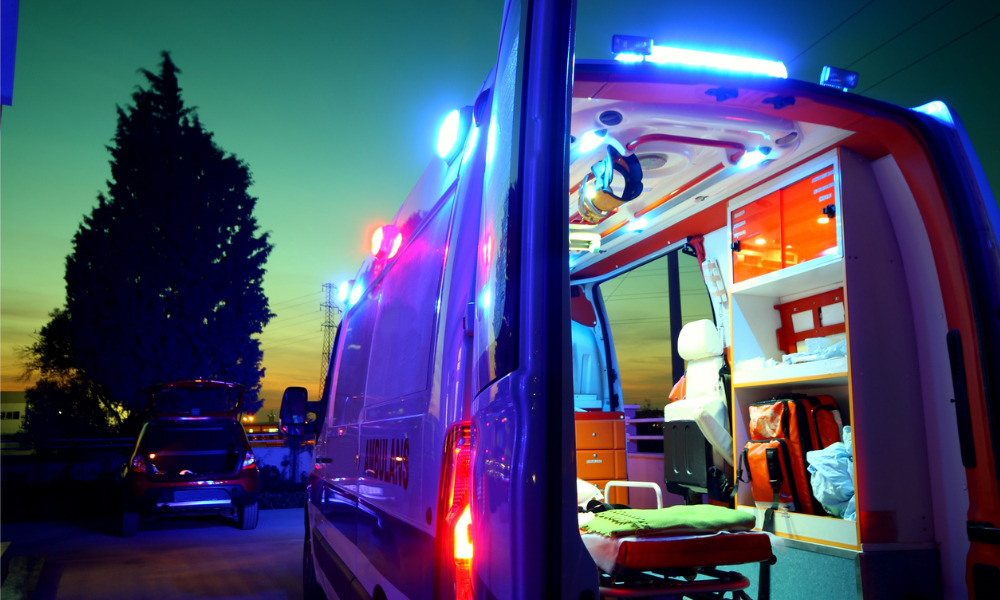Escalating job action planned in rural Newfoundland and Labrador

More than 100 paramedics in rural Newfoundland are tired, literally, and will likely go on strike this week to improve working conditions that often have them driving and administering medical treatment in an impaired state.
“Fatigue is probably the biggest one,” says Hubert Dawe, referring to the safety issues that have his membership ready to walk off the job. He is a business agent of Teamsters Local 855 which represents paramedics and ambulance workers in rural Newfoundland.
“We are seeing our medics are being burnt out,” says Dawe, “and it's forcing people out of the industry, which is just compounding the problem for those of us that are left.”
To qualify for time off due to fatigue, Dawe says the workers must first spend 16 straight hours on the job, and in some cases, they work much longer. “Our paramedics and EMRs work multiple 24-hour days,” says Dawe.
Frequently working long hours, resulting in time off for fatigue, means the positions need to be covered by other paramedics.
“We have a one ambulance service on our southern shore have to cover for another ambulance service that just has no workers at all at this point. And they were off on fatigue three times last week,” says Dawe.
He points to a report the union commissioned a couple of years ago that was conducted by Clinton Marquardt, one of Canada’s top sleep and fatigue specialists. It found work-induced fatigue among rural ambulance workers caused them to perform like they had a blood alcohol level of 0.05%.
While emergency responders in the province’s cities are government workers, those in the smaller, less populated areas are employed by the Fewer Group of Ambulances. The group is composed of seven emergency service operators from across the province.
The workers have been in a legal strike position since November 18th, and Dawe says he expects phase one of the union’s escalating job action will begin on Wednesday. That will put employees on a work-to-rule campaign.
“We will continue providing services to the general public and making sure the ambulances are there when they require them,” explains Dawe, but says secondary duties at the office to help the company will not be completed.
If phase one of the job action fails to yield any results, the union will move into phase two, which would be a general strike.
In addition to better work schedules, the union is also seeking higher wages. Dawe says he hopes the job action will bring the Fewer Group of Ambulances and Newfoundland’s Department of Health to the bargaining table.
At this stage, no negotiations are planned.





